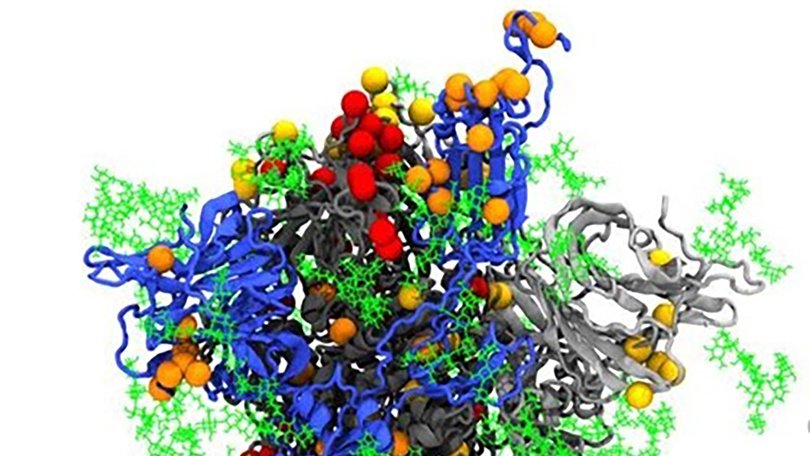Omicron linked to more long COVID-19 cases: study

The Omicron coronavirus variant could be causing more cases of long COVID than earlier versions of the disease, scientists say.
A study of more than 11,000 Western Australians infected in 2022 found almost one in five continued to suffer symptoms three months after they initially tested positive.
Epidemiologist Mulu Woldegiorgis said the findings show the Omicron variant puts patients at greater risk of developing long COVID than previously thought.
Sign up to The Nightly's newsletters.
Get the first look at the digital newspaper, curated daily stories and breaking headlines delivered to your inbox.
By continuing you agree to our Terms and Privacy Policy.“It is more than double the prevalence reported in a review of Australian data from earlier in the pandemic, and higher than similar studies done in the UK and Canada,” she said on Thursday.
The study was conducted with participants drawn from the almost 71,000 adults who tested positive to COVID-19 in WA between July and August 2022.
Researchers found 90 per cent of the study participants reported experiencing multiple symptoms.
The risk of long COVID was greater for women and people aged 50 to 69, as well as those with pre-existing health conditions and people who’d had fewer vaccine doses.
The most frequently reported symptom was tiredness and fatigue (70 per cent), followed by difficulty thinking or concentrating, sleep problems and coughing.
A third of women with long COVID also reported changes in their menstrual cycle.
“More than a third of individuals with persistent long COVID - 38 per cent - had sought medical care in the month prior to the survey,” Dr Woldegiorgis said.
Most people with long COVID (64 per cent) were able to return to work or study within a month but 18 per cent reported not being well enough to do so three months after their infection.
Dr Woldegiorgis said it was difficult to conclude the Omicron variant was causing more cases of long COVID than earlier versions of the disease because of the limitations of earlier studies.
“Further studies could help us better understand the duration and severity of long COVID and identify effective treatments,” she said.
The research team plans to do a six-month follow-up survey with this same group of patients to broaden their findings.
The study has been published in the Medical Journal of Australia.
